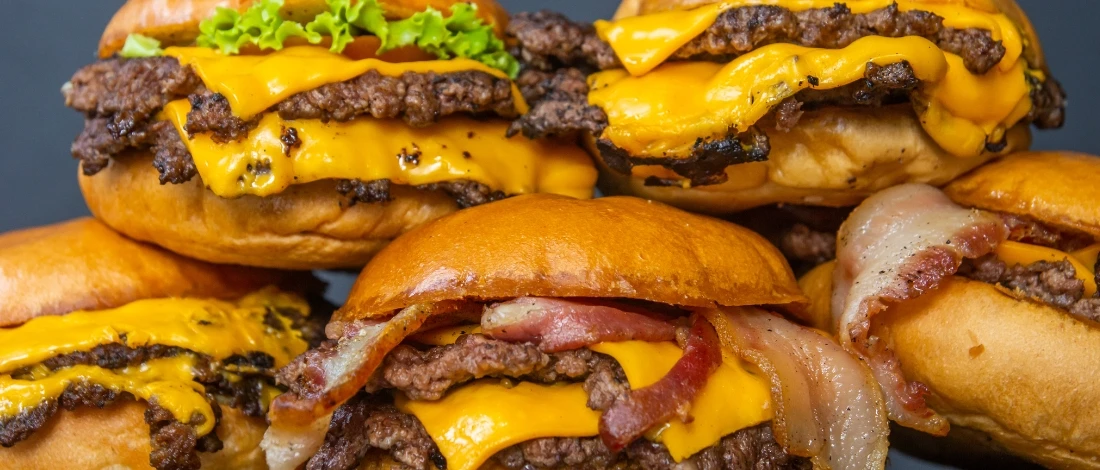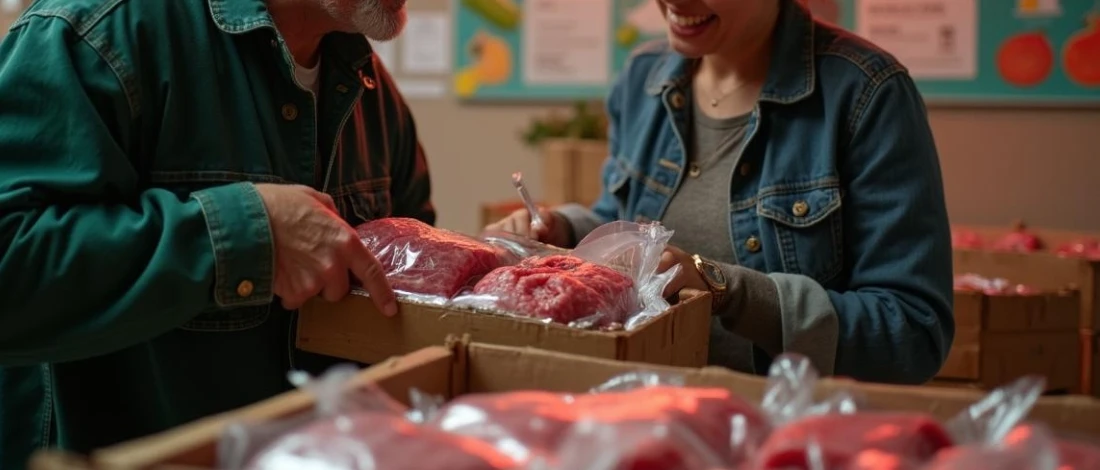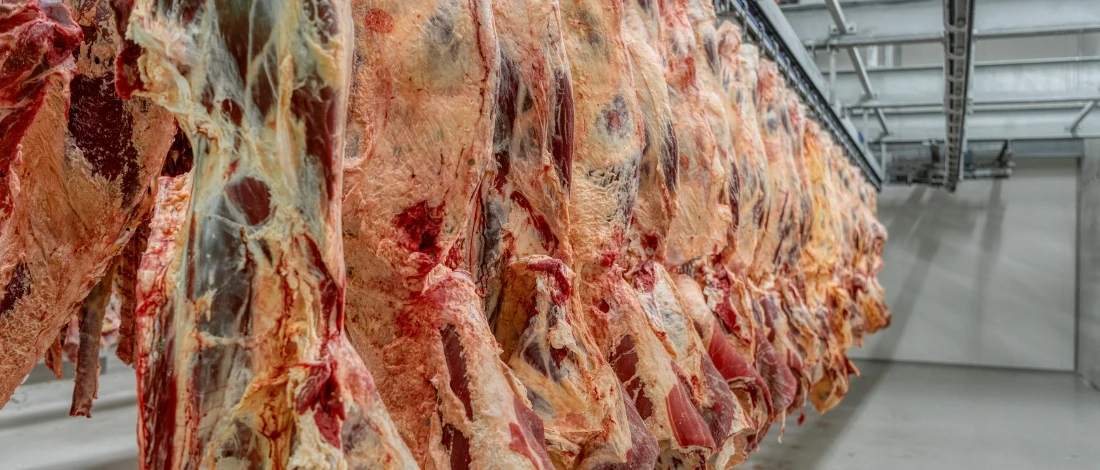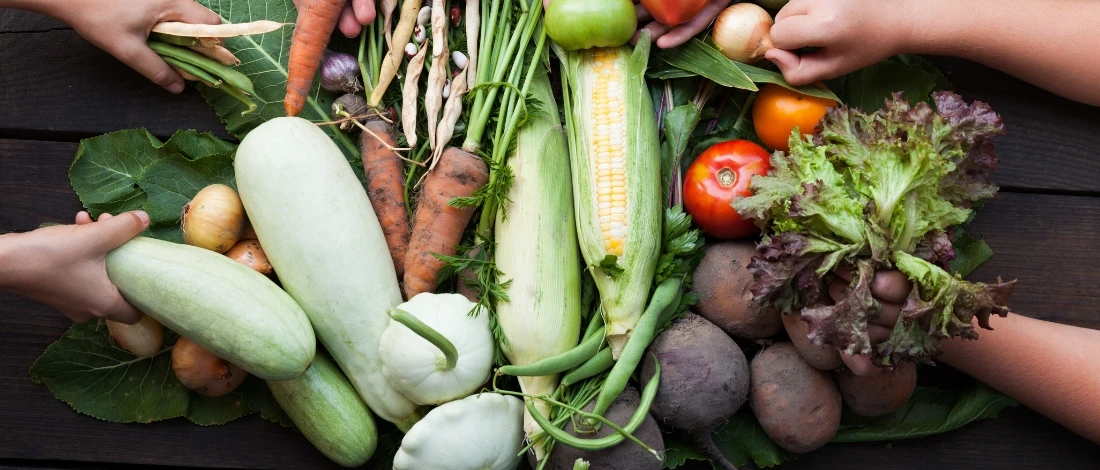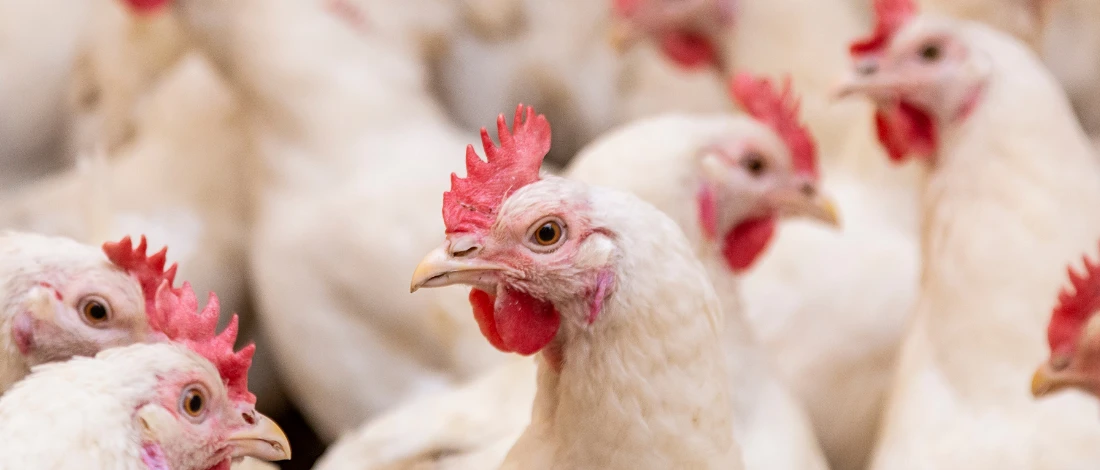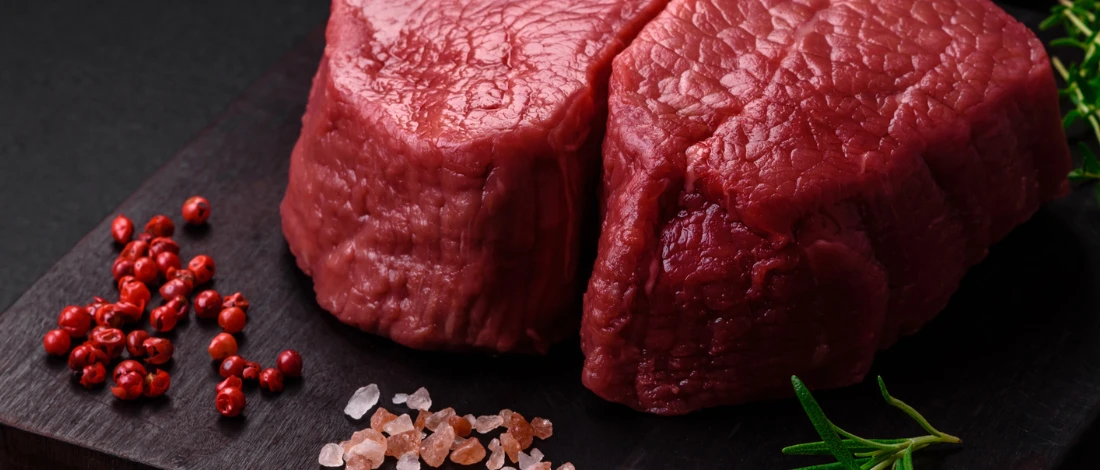McDonald’s, Lopez Foods, and Syngenta Join Forces for Sustainable Beef Production
McDonald’s USA, Syngenta North America, and Lopez Foods have launched a collaborative effort to enhance the sustainability of beef production.
This initiative aims to increase feed efficiency and reduce greenhouse gas emissions associated with beef production.
Enogen Corn’s Role in Sustainability
At the heart of this collaboration is Enogen corn, a Syngenta innovation celebrated for its alpha-amylase enzyme. This enzyme accelerates the conversion of starch into usable sugars, improving cattle digestibility and energy absorption.
Research indicates that feeding Enogen as silage or grain can boost feed efficiency by approximately 5%.
Justin Wolfe, President of Syngenta Seeds, highlighted the potential of this innovation, stating, “At Syngenta, we’re convinced improving the sustainability of the global food system can be accelerated through innovation and collaboration.
We’re proud of the great attributes of our Enogen corn and how our work can help enable McDonald’s and their beef supply chain to deliver impact.”
Environmental Impact and Goals
A life-cycle assessment of Enogen’s use in cattle feed revealed significant environmental benefits. For every 1,000 heads of beef cattle, the following annual savings are estimated:
- 196 tons of CO₂e greenhouse gas emissions reduced.
- 69 acres of land use saved for growing feed.
- Six million fewer gallons of water consumed.
- 231,000 kilowatt-hours of energy conserved.
McDonald’s plans to expand this program, targeting over 164,000 tons of CO₂e reductions annually.
A Commitment to Innovation
This partnership underscores the potential of innovative solutions in addressing climate challenges within the beef industry.
By enhancing feed efficiency and reducing resource usage, McDonald’s, Lopez Foods, and Syngenta demonstrate a shared commitment to a more sustainable future in food production.
Discover how innovative solutions like Enogen corn are transforming beef sustainability. Visit our homepage for updates on sustainable meat practices.

